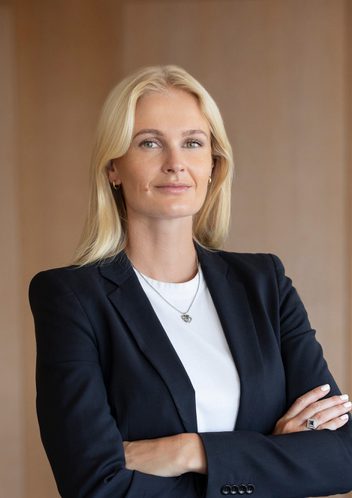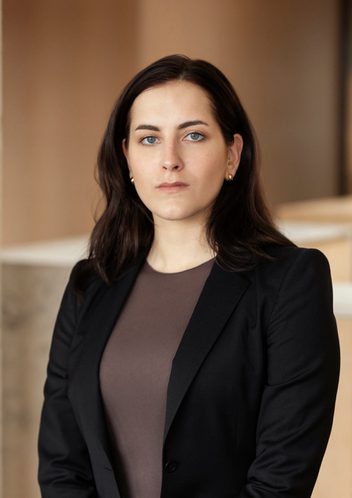
Paal-André Storesund
Senior Associate
Oslo
Newsletter
by Paal-André Storesund
Published:
The Regulation 2022/2065, better known as the Digital Service Act ("DSA"), is coming to Norway. While regulations apply directly in the EU Member States without the need for national implementation, for EEA-relevant regulations to be applicable in Norway, they must be implemented through national legislation as adopted into the EEA Agreement through a decision by the EEA Joint Committee. On July 2, the Ministry of Digitalization and Public Governance circulated a proposal for a law on digital services for consultation and the consultation deadline is October 1, 2025. This article will give an update on the status, in addition to a quick recap of some of the most relevant provisions of the DSA.
The aim of the Norwegian Government is for DSA to apply from summer 2026. The starting point is that regulations are implemented in Norwegian law through incorporation, i.e. the regulation is made applicable as Norwegian law through a reference provision. The consultation paper states that some adjustments will be necessary. However, there is very limited scope of proposing adjustments to the substantive provisions of the regulation.
The purpose of the regulation is to contribute to a well-functioning internal market for digital services by establishing harmonized rules that will contribute to a safe and secure internet. To achieve this, requirements for intermediary services to ensure transparency and a secure online environment are given:
In addition to the above rules, there are additional rules based on the businesses' type intermediary services, size and number of users. Providers of hosting services (including online platforms) must:
Depending on and varying on the base of size, providers of online platforms may also become obliged to fulfil certain requirements:
Unless qualified as a micro or small enterprise, online platforms that allow consumers to conclude distance selling contracts with traders, or online marketplaces, are – as a main rule – subject to extended obligations to ensure consumer protection:
In addition to the above rules, there are also certain obligations for providers of very large online platforms and of very large online search engines to manage systemic risks. The obligations relate to risk assessments, mitigation of risks, crisis response mechanisms, independent audit, recommender systems, online advertising transparency, establishing a compliance function, additional transparency reporting obligations and data access and scrutiny. As of June 2025, only 25 companies have been appointed by the EU commission as very large online platforms or online search engines. Thus, this last set of rules applies for just a very small number of companies.
Schjødt's technology team closely monitors developments and benefits from having offices both within and outside the EU, particularly when it comes to knowledge of the ever-evolving EU regulation landscape that are gradually implemented into Norwegian law.

Senior Associate
Oslo

Partner
Oslo

Partner
Oslo

Partner
Oslo

Partner
Oslo

Senior Lawyer
Stockholm

Senior Lawyer
Stockholm

Senior Associate
Oslo

Partner
Oslo

Managing Associate - Qualified as EEA lawyer
Oslo

Associate
Stockholm

Associate
Oslo

Partner
Oslo

Partner
Oslo

Partner
Oslo
